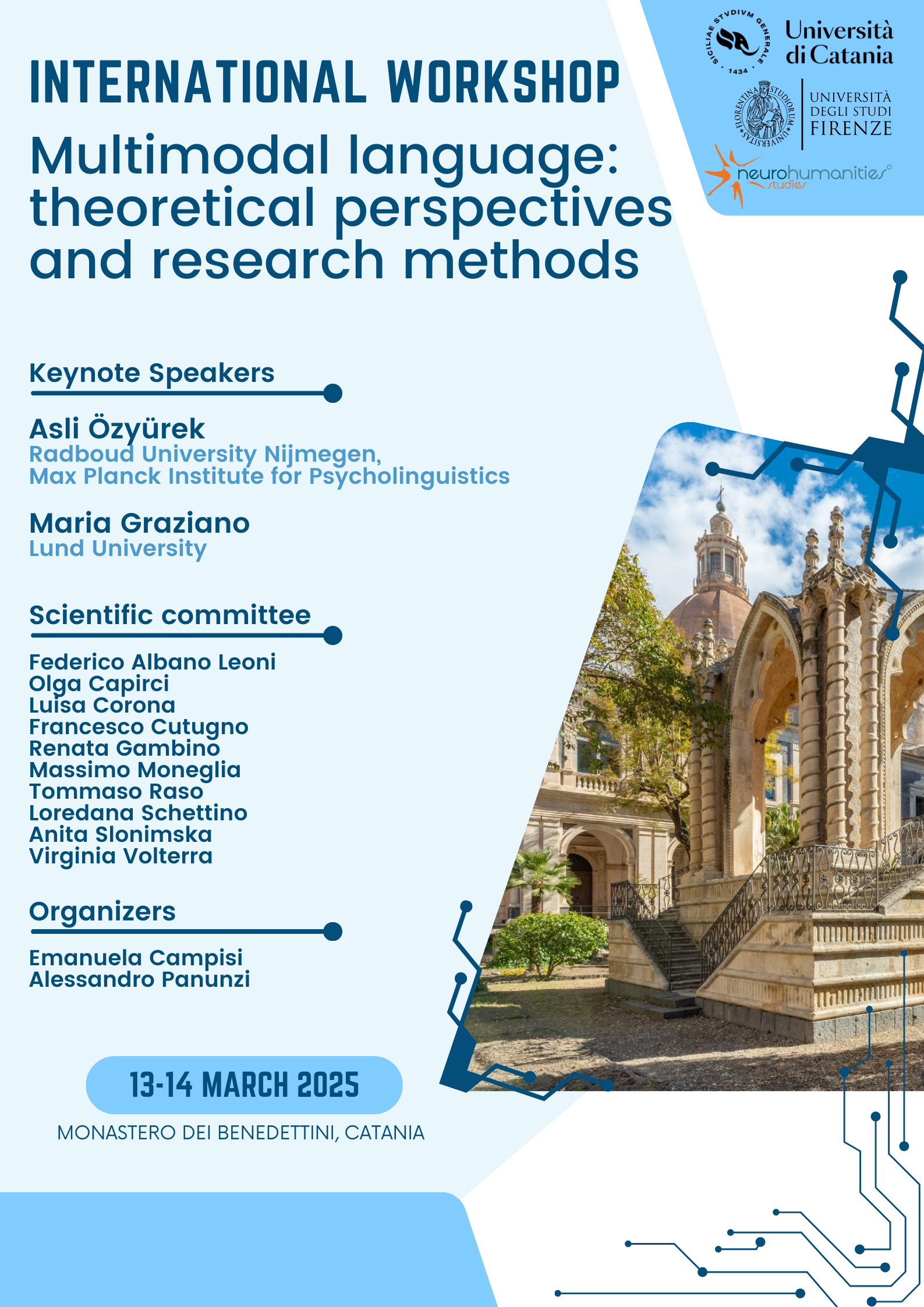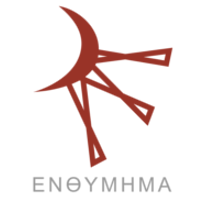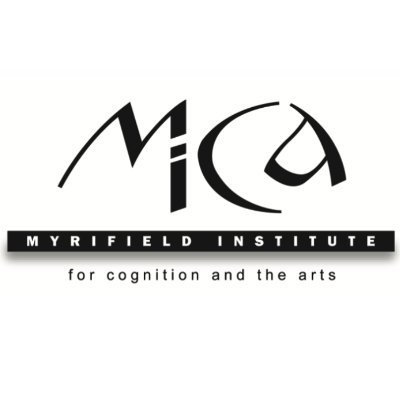CFP: International workshop Multimodal language
Call for Papers: International workshop
Multimodal language: theoretical perspectives and research methods
Catania, 13-14 March
The investigation of linguistic communication in natural contexts cannot ignore that human language is an inherently multimodal system. Indeed, the interaction between the vocal and the other bodily modalities is articulated within closely cooperating semiotic subsystems, dynamically completing each other into a coherent message (McNeill 1992; Kendon 2014; Capirci et al. 2022). Within a perspective that sees language as a form of cooperative action, the vocal and the gestural components – along with gaze and facial expressions – coordinate in a clearly interdependent way. This happens both at the level of expression and at the level of content, with the different modalities interacting on the semantic, syntactic, and pragmatic level (see McNeill 1992, Kendon 2004, Loehr 2012, Volterra et al. 2017, among many others).
Differently from the first generation of scholars in multimodality, whose first and essential need was to build terminologies and methods of analysis that could highlights the specifics of each modality, the foremost theoretical challenge in contemporary research is to explore theories and methodologies that could describe how these modalities interact in forming organized structures (Trujillo & Holler 2023). This requires, obviously, new categories and new descriptions, together with a move away from mere quantifications of occurrences towards other variables. It therefore becomes necessary to give greater consideration to the qualitative aspects of each component and the way in which they are deployed in the flow of discourse.
A growing number of scholars in linguistics, psychology and related disciplines is at work to demonstrate the various levels on which the link between modalities is manifested in language production and comprehension by means of cross-linguistic comparisons (see Özyürek 2021 for a review), developmental studies (Capirci et al. 2011; Graziano 2014; Volterra et al. 2018), evolutionary theories (Levinson & Holler 2014) and neuroscientific investigation (Kelly et al. 2010; Hagoort & Özyürek 2024).
For all these reasons, this workshop aims to bring together the growing scientific community that is interested in studying the relationship between linguistic modalities in spoken and signed languages from different theoretical perspectives and thanks to the use of different technologies and methodologies. The aim is to discuss the need to move from a logocentric view on language to an intrinsically multimodal perspective, the only one capable of fully restoring the complexity of language as it unfolds within the communicative event.
Contributions may concern (but are not limited to) all the themes proposed in the following theme, all concerning both vocal and sign languages:
● multimodality and models of language
● language acquisition in a multimodal perspective
● contrastive linguistic analysis in a multimodal perspective
● multimodality and discourse genres
● multimodality and communicative contexts
● multimodality and prosody
● multimodality and syntactic structure
● multimodality and information structure
● multimodality and semantics
● multimodality and pragmatics
● methods and tools for multimodal annotation
Keynote speaker
Asli Özyürek (Radboud University Nijmegen, Max Planck Institute for Psycholinguistics)
Maria Graziano (Lund University)
Submission guidelines
We invite submissions for oral presentations. Presentations may deal with empirical research, methodological issues or theoretical challenges. Abstracts must be written in English and have a maximum length of 600 words (figures and bibliography excluded). The proposals must be sent to the address emanuela.campisi@unict.it in open format (doc, docx, rtf, odf – not in pdf), in an anonymous form, and contain a separate file with the name, surname and affiliation of the authors and email address of corresponding author. Please note that, given the format of the workshop, we are forced to accept a limited number of submissions.
Important dates
Submission deadline: 20th December 2024
Notification of acceptance: 13th January 2025
Registration deadline: 13th February 2025
Registration fees (including coffee breaks, a lunch and social dinner on March 13th)
100 euros (permanent staff)
60 euros (students and fixed-term researchers)
Registration fees (without the social dinner)
60 euros (permanent staff)
20 euros (students and fixed-term researchers)
Scientific committee
• Federico Albano Leoni (Università degli Studi di Napoli Federico II)
• Emanuela Campisi (Università di Catania)
• Olga Capirci (ISTC-CNR)
• Luisa Corona (Università degli Studi dell’Aquila)
• Francesco Cutugno (Università degli Studi di Napoli Federico II)
• Renata Gambino (Università degli Studi di Catania)
• Massimo Moneglia (Università degli Studi di Firenze)
• Alessandro Panunzi (Università degli Studi di Firenze)
• Tommaso Raso (UFMG)
• Loredana Schettino (Libera Università di Bolzano)
• Anita Slonimska (Max Planck Institute for Psycholinguistics, University of Amsterdam)
• Virginia Volterra (ISTC-CNR)
Organising committee
• Emanuela Campisi (Università di Catania)
• Alessandro Panunzi (Università degli Studi di Firenze)










